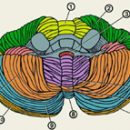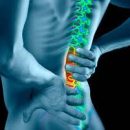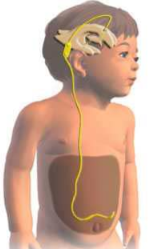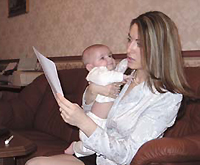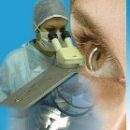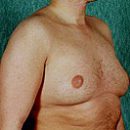Any person who starts to treat his disease wants to know - whether there will be a result? But in the case of the treatment of Hyenne-Bar syndrome, the methods of extracorporeal hemocorrection doctors ignore and promise almost complete recovery.
Content
The disease is based on autoimmune mechanisms, where the role of a starting factor is given to certain viruses and bacteria. In most cases, symptoms occur after 2-3 weeks after a banal cold (ORVI), another infection, more often than viral, surgical manipulations or vaccination.
In the Hyien-Barre syndrome, the patient quickly, for 1-2 months, motor disorders increase in different groups of muscles, tendon reflexes disappear, articular muscular sensitivity suffers.
The process goes down up. First refuse legs, then for 1-2 months, the process spreads up, exciting hands, in severe cases, hitting the respiratory and mimic muscles, muscles that ensure swallowing. In extremely severe cases, the patient cannot move, breathe independently, swallow and even open eyes. At this time, patients need resuscitation events - conducting an IVL (artificial ventilation of the lungs). IVL helps patients survive the critical stage of the disease. It is no secret that today in Russia many patients with severe forms of Guillana Barre syndrome die.
Most autoimmune diseases are irreversible. But with the syndrome of Guien-Barre, the picture is completely different, unique: the affected nerves can be restored, t.E. This disease can be cured completely! This effect is achieved only when applying the main modern methods of treatment: plasmais, cascade plasma filtering, and / or intravenous administration of immunoglobulin class G.
It is important to make the correct diagnosis as early as possible and begin treatment. Unlike most autoimmune diseases, hormone treatment during Guien-Barre syndrome is not shown.
Additional methods of treatment are the introduction of heparin, symptomatic treatment, physiotherapy, massage, leaf.
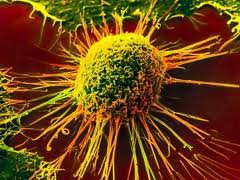 Every year in one Moscow, about 200 people are ill syndrome in Hyien Barre. But there is also a pleasant news - with the proper treatment of Guienen-Barre syndrome, all the symptoms are reversible, in 80% of cases a person can fully recover!
Every year in one Moscow, about 200 people are ill syndrome in Hyien Barre. But there is also a pleasant news - with the proper treatment of Guienen-Barre syndrome, all the symptoms are reversible, in 80% of cases a person can fully recover!
World experience of treating Hyien Barre syndrome has shown that the use of EG methods (extracorporeal hemocorrection) - software plasmapheresis or cascade filtering of blood plasma, in the first 2-3 weeks from the beginning of the disease, allows you to quickly stop the development of the disease and launch the recovery process. What is the secret?
When conducting an EG from the body, autoantibodes, immune complexes and other pathogenic substances, resulting in inflammation and damage to the myelin shell of nerves. The pathological process is broken. First, the progression and weighting of the disease ceases, then the person is amended. And his recovery is not only accelerated by time, but also improving the forecast. In time, the interrupted autoimmune inflammation does not have time to significantly damage the nervous fabric, which dramatically increases the chances of full restoration of disturbed functions.
In case of EG, the patient's blood is divided into plasma and uniform elements (red blood cells, leukocytes, platelets) in small portions using centrifugation. Next, the plasma is removed by replacing the plasma-substituting solutions (with plasmapheresse) or passed through special cleansing filters with microscopic pores (with cascading plasma filtration). Then the purified plasma or the solution replacing it together with blood cells is returned to the bloodstream. The procedure is repeated 4-5 times within 1-2 weeks.
Expected treatment effect:
- Rapid decrease in paralysis and paresis;
- Prevention of violations of the functions of vital organs;
- Fast relief of the symptoms of the acute period in 100% of cases;
- Full recovery.
According to various data, 70-90% of patients with proper timely treatment are restored completely, about 10-20% - retain residual muscle weakness, reducing reflexes, 2-5% - have a risk of relapse, 3% - fatal outcome.

